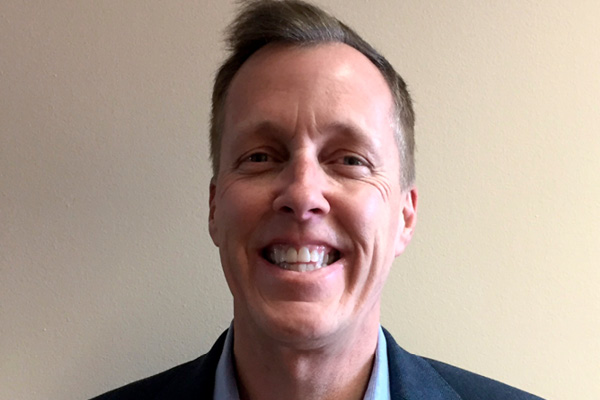Jack Buffington: Here for the Beer

Jack Buffington is supply chain leader with MillerCoors and professor at the University of Denver.
Responsibilities: Oversees U.S. warehousing operations for MillerCoors. Developing a supply chain program and supply chain, materials science, and sustainability research projects for the University of Denver.
Experience: Post-doctoral fellow, Royal Institute of Technology in Sweden; adjunct professor, University of Denver; e-commerce executive, Guaranty National Insurance; consulting manager, KPMG Peat Marwick; author of five books on environmental sustainability, economics, and other topics.
Education: Towson University, B.S., Industrial Psychology, 1987; University of Baltimore, MBA, Finance and Economics, 1991; Ph.D., Industrial Marketing and Supply Chain Management, Lulea University of Technology, Sweden.
The beer business is becoming more complex as consumers experiment with different brands. MillerCoors produces both big brands and a growing list of small brands. In turn, this makes our supply chain more complex, as we have to manage these different brands within the same distribution network.
In 2017, by using cross-functional teams, structured problem-solving and analysis, and improved process disciplines, we mostly met the requirements for getting new products to market on time, something we haven’t always done in the past.
Twelve years ago, I was in a leadership position in MillerCoors and decided to earn a Ph.D. in Sweden, where they look at sustainability and environmentalism differently than in the United States. MillerCoors let me do that and stay with the company.
Consumer companies such as MillerCoors are making significant changes to reduce their footprints. However, there are limited supply chain innovations. The best approach to sustainability is through the supply chain, because it comes down to reducing waste.
For instance, a lot of what’s recycled is thrown away. Just because you recycle something doesn’t mean a secondary market wants to purchase it.
Then, a lot of researchers focus on biodegradable plastics, which seems like a logical step. The problem is that if you put a biodegradable material in the same supply chain system, you will get the same result. Getting biodegradable plastic to biodegrade requires centers that meet industrial recycling specifications. There are only a few in the United States, making it impractical. So, it’s really no different than conventional plastic.
The University of Denver’s research focuses on how to make existing materials sustainable within a closed loop. You can’t just change the material; you have to change the entire supply chain so it’s both economical and sustainable.
That’s a challenge. There’s an effort to make materials more sustainable, but consumers aren’t willing to pay higher prices for them, so they need to be supply chain efficient.
Some of our research will create environmentally and financially viable closed-loop systems. It’s not easy, as the supply chains need to differ based on the material or manufacturing process. For instance, aluminum is highly recyclable and needs a different closed-loop system than plastic, which is not.
We’re building the supply chain program at the University of Denver from the ground up, creating a community of industry, students, and researchers.n
The Big Questions
What conventional wisdom do you disagree with?
That it’s the marketing or finance people who drive innovation. Supply chain professionals will be at the forefront of driving change in the future as opposed to other groups making strategies and then telling the supply chain team to make it happen.
If you could speed the development of a supply chain-disrupting technology, what would it be?
Synthetic materials that would be not only harmless to nature, but additive; so if you threw a container in a forest a deer could eat it and be nourished rather than poisoned.
What words do you live by?
Be kind and be yourself.
What book or movie left an impression on you?
Ken Burns’ Civil War series gives a perspective on a situation that I wish more Americans knew about, especially given the combative nature of our country today.
What song, movie or TV show title describes your job?
Fear Factor. There’s no challenge we face that we can’t solve by getting together the right people. At times, the biggest challenge is getting people to not be afraid, and to just work through the challenge.
